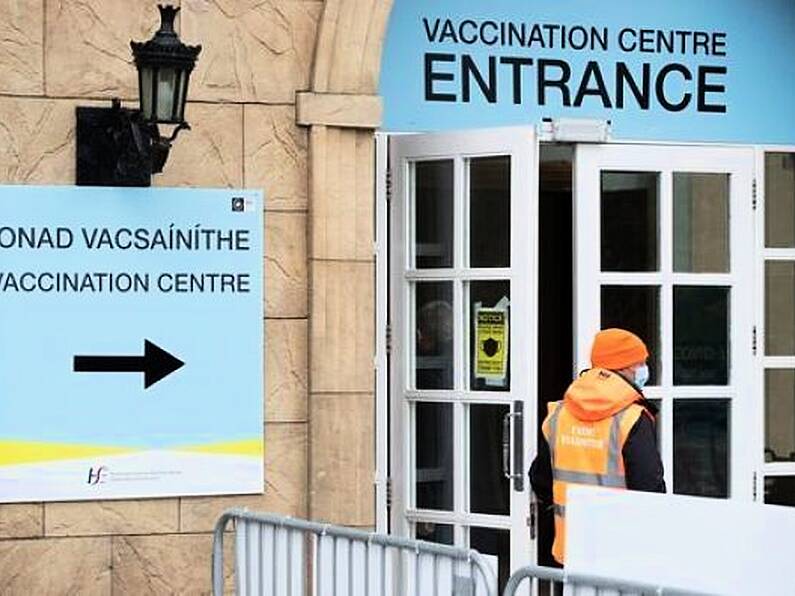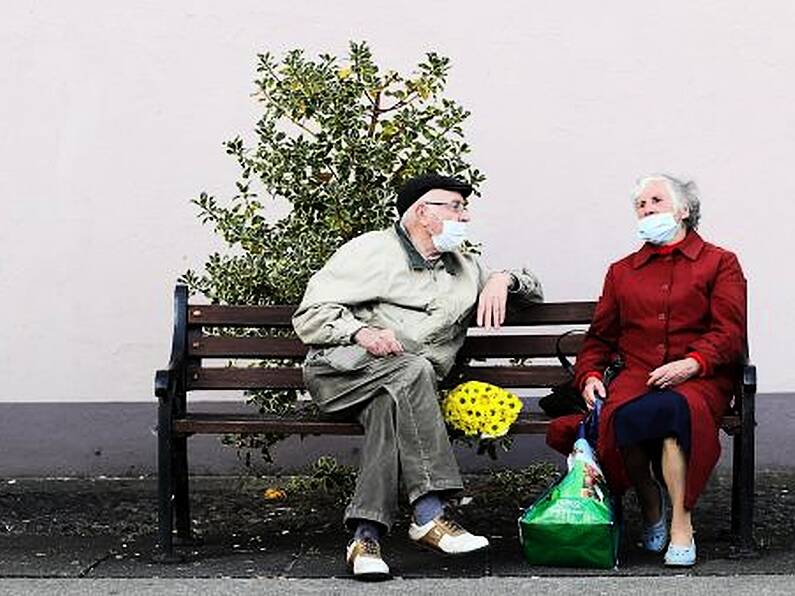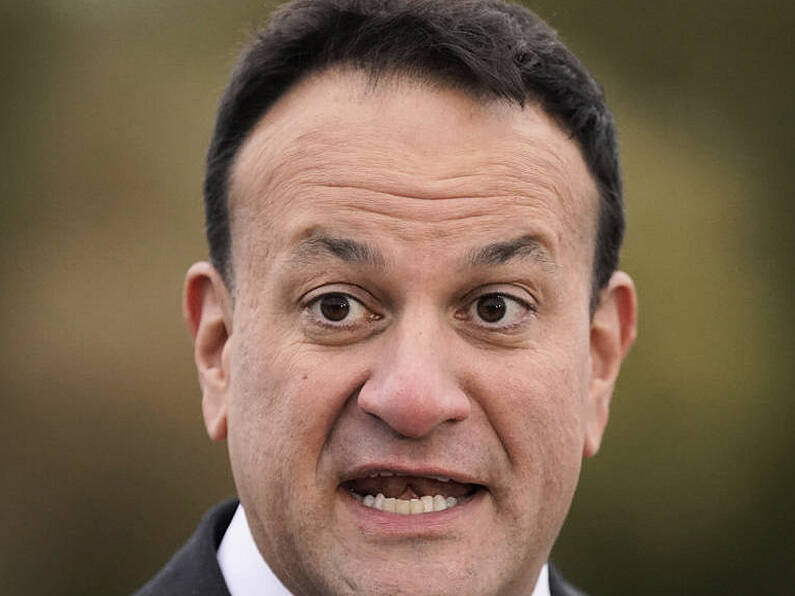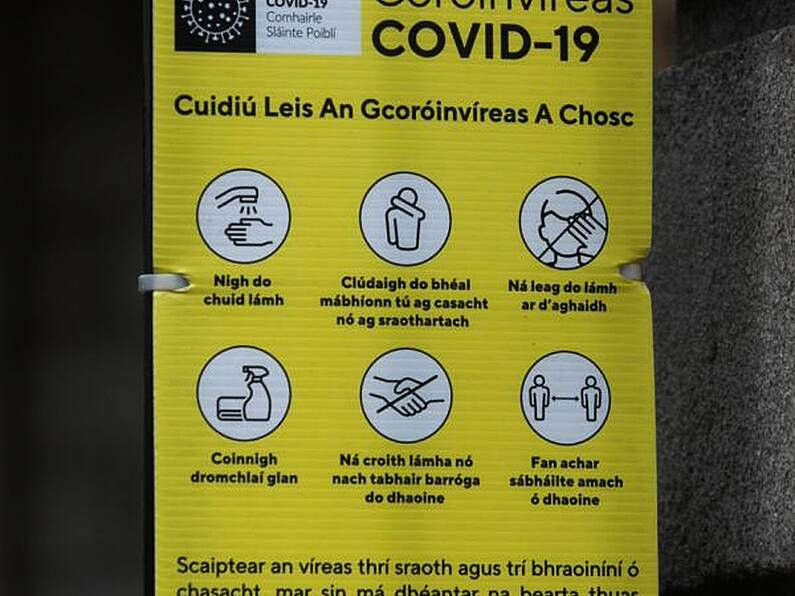James Cox
The Health Information and Quality Authority (HIQA) has published a number of documents today with updated advice on the fight against Covid-19, including procedures for healthcare workers who refuse to be vaccinated.
In recommendations to the National Public Health Emergency Team (Nphet), HIQA has outlined a phased approach for the response to healthcare workers who opt not to take the Covid-19 vaccine.
HIQA has advised that policies developed and enacted should be based on the ‘intervention ladder’ principle.
This means that interventions are progressive, and for example, could start with providing evidence-based information and subsequently, utilise one-to-one conversations, testing and/or additional PPE.
Lower risk
Higher rungs of this policy ladder may involve redeployment to a lower risk area. Mandatory vaccination would sit at the top of the ladder as the most intrusive step.
Dr Máirín Ryan, HIQA’s deputy CEO and director of Health Technology Assessment, said: “We are encouraging all healthcare personnel to avail of Covid-19 vaccination as soon as they are eligible. The past year has been very challenging for healthcare personnel and we have advised Nphet that any policy introduced regarding Covid-19 vaccination should be built on a model of encouragement and support.”
Dr Ryan added: “As Covid-19 vaccination programmes progress, we expect that more countries will bring out policy and guidance regarding unvaccinated healthcare personnel. At the time of our review, only the UK had published guidance on this topic, and we noted only one country, Italy, had introduced a national policy of mandatory Covid-19 vaccination for all healthcare workers. It is vital that vaccine policy considers issues around data collection, legality and ethics as well as the range of mitigation strategies available to protect those availing of, and working in the health service.”
Face masks
HIQA has also updated its advice to Nphet on the minimum age for face mask wearing. The latest advice recommends no change in the minimum age for mask use in the community setting.
This advice was based on the latest information and evidence, in particular, the recent Irish epidemiological data, which offered reassurances that the package of mitigation measures currently in place in primary schools has been effective at minimising transmission.
This advice will be reviewed and updated should the evidence indicate a change in the epidemiological situation.
HIQA has also updated its evidence summary and advice on the duration of immunity (protection from reinfection) following SARS-CoV-2 infection.
Six new reinfection studies were identified.
HIQA has advised Nphet that no change is required to the duration of presumptive immunity following natural infection (which is currently six months post-infection). However, as the body of evidence is rapidly expanding, HIQA advises continued review of the data.
In a previous interview, Peninsula employment law expert Alan Hickey spoke to BreakingNews.ie about what obligations and responsibilities employers and employees have when it comes to vaccination.
Patients
“There are a couple of situations where it would be deemed a reasonable instruction. One is the blocking of transmission, if the vaccine is found to block transmission at some point, then it could be claimed that the employee’s refusal — particularly if they’re looking after patients or in a customer facing role in retail — means they’re putting colleagues and patients at risk.
“Secondly, if all of your remaining employees have been vaccinated and if one or a few employees haven’t been vaccinated, and are refusing to do it, therefore they’re insisting on you as an employer to retain control measures. They’re requiring you to do that because they won’t get vaccinated then it could be considered a reasonable instruction.
“It remains to be seen [if vaccines will eventually block transmission], I won’t profess to be a medical professional but if the evidence suggests that in the future it would make it easier for employers.”






